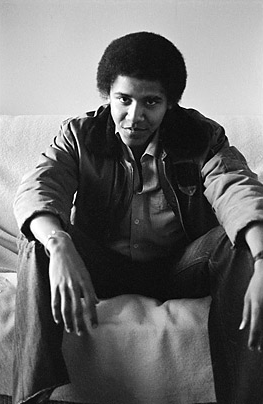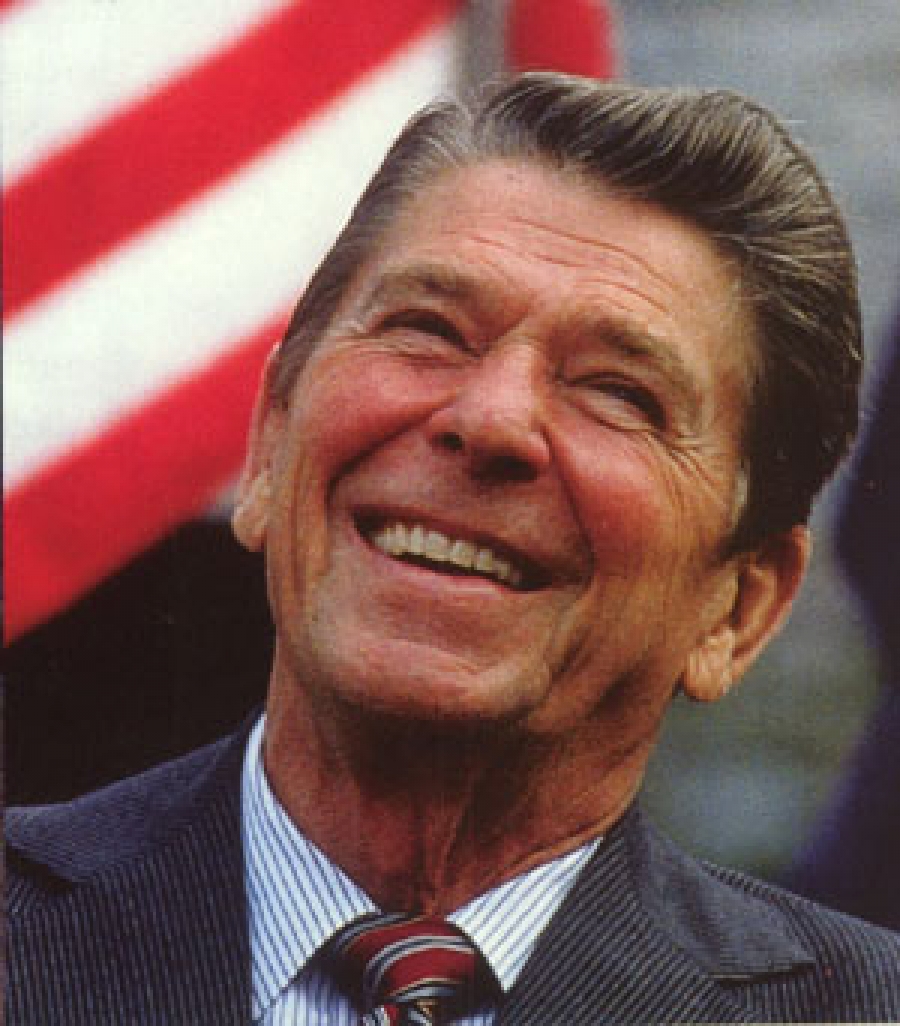When I was growing up, the dark miasma of the Holocaust was still so pervasive that the famous slogan “Never Forget!” seemed almost irrelevant. How could anyone forget Hitler and his murderous goose-steppers? It was hard to imagine a world where that supreme evil was not remembered as a stern and awful warning. I heard Holocaust survivors insisting that we must never forget, and I thought they were just repeating the obvious. Why did they have to keep on saying it?
Barack Obama’s Rules for Revolution: The Alinsky Model – by David Horowitz
Since taking office Barack Obama, who promised during his campaign to create a moderate, inclusive administration, has engaged in actions that have created division and fear because they are meant to radically change America, not improve on what has always worked. As a result, David Horowitz writes in Barack Obama’s Rules for Revolution: The Alinsky Model, “Many Americans have gone from hopefulness, through unease, to a state of alarm as the President shows a radical side only party visible during his campaign.”
The Top Ten Reasons Why Conservatives Should Not Be Celebrating the Election Results
On November 2, 2010, the liberals suffered a defeat at the hands of the people over their policies implemented over the last two to four years. As a result, Many Republicans and Tea Party supporters are jubilant in their celebration, and even the often morose Glenn Beck has been heard to be excited about what he calls a turning point. However, the cold, hard reality is that liberalism suffered a defeat but not a crushing one, and the war is far from won. In the past, victories in these minor skirmishes have resulted in people becoming complacent. The battles that are not making the headlines in the war on freedom continue to rage despite the victory.
Veterans Day Moment: An American President Who Loved America And Those Who Defend Her
“Glory, Glory, Hallelujah…His Truth Is Marching On.”
Commentary Magazine
Commentary is America’s premier monthly magazine of opinion and a pivotal voice in American intellectual life. Since its inception in 1945, and increasingly after it emerged as the flagship of neoconservatism in the 1970’s, the magazine has been consistently engaged with several large, interrelated questions: the fate of democracy and of democratic ideas in a world threatened by totalitarian ideologies; the state of American and Western security; the future of the Jews, Judaism, and Jewish culture in Israel, the United States, and around the world; and the preservation of high culture in an age of political correctness and the collapse of critical standards.
FrontPageMag.com
David Horowitz was one of the founders of the New Left in the 1960s and an editor of its largest magazine, Ramparts. He is the author, with Peter Collier, of three best selling dynastic biographies: The Rockefellers: An American Dynasty (1976); The Kennedys: An American Dream (1984); and The Fords: An American Epic (1987). Looking back in anger at their days in the New Left, he and Collier wrote Destructive Generation (1989), a chronicle of their second thoughts about the 60s that has been compared to Whittaker Chambers’ Witness and other classic works documenting a break from totalitarianism. Horowitz examined this subject more closely in Radical Son (1996), a memoir tracing his odyssey from “red-diaper baby” to conservative activist that George Gilder described as “the first great autobiography of his generation.”
The Weekly Standard
The Weekly Standard made its debut on September 18, 1995. Edited by William Kristol and Fred Barnes, the magazine is published 48 times a year by Clarity Media Group. The Weekly Standard is available by subscription.
Canada Free Press
Canada Free Press (CFP) is a proudly independent, 24-7 electronic newspaper, updating several times–and sometimes several hours– a day. More than 100 writers and columnists file regularly to CFP from all corners of the globe.
Although we have been posting to the Internet for more than 12 years, on May 15, 2009 CFP celebrated its fifth anniversary as a daily.
The Centre for Independent Studies
The Centre for Independent Studies is the leading independent public policy ‘think tank’ within Australasia. The CIS is actively engaged in supporting a free enterprise economy and a free society under limited government where individuals can prosper and fully develop their talents. With critical recommendations to public policy and by encouraging debate amongst leading academics, politicians, journalists and the general public, the CIS aims to make sure good ideas are heard and seriously considered.





